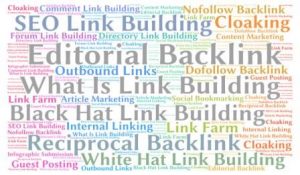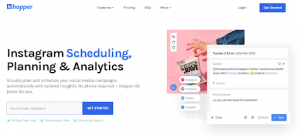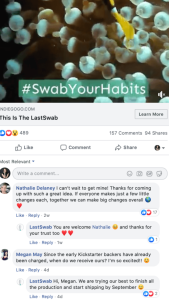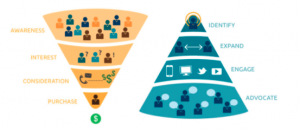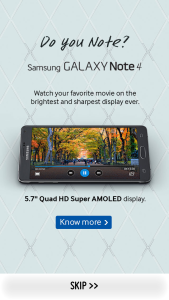SEO experts share tips on effective link building strategies in 2014, along with a handful of common link building misconceptions.
By James A. Martin
Index:
- Link Building Strategies and Tips for 2014 Part 1
- Link Building Strategies and Tips for 2014 Part 2
- Link Building Strategies and Tips for 2014 Part 3
- Link Building Strategies and Tips for 2014 Part 4
“Add some personalization to your correspondence, too,” Strong said, to help ensure your email will be read and acted upon. “Be genuine and keep it simple.”
Be careful with anchor text links. Anchor text is the highlighted text in Web content that, when clicked, takes you to another Web page. For instance, some sites use the anchor text phrase “click here” to direct the reader to another page for more information or to download content or apps.
Many marketers put important keyword phrases in anchor text to help the linked content rank well for those specific phrases. But Google is cracking down on the practice because it’s been abused, Munroe said.
Anchor text abuse “signals to Google your reputation is not earned,” according to Munroe. If you ask for a link, Munroe recommends leaving the anchor text up to the linking site as opposed to suggesting your own keyword-rich phrase.
You should also strive to have diversity in the anchor text used to link to your content, because an overreliance on one anchor text phrase can negatively impact your rankings for that phrase.
Know your audience. Monique Pouget, director of content strategy for Thunder SEO, says you should have a clear understanding of your target audience’s interests. Get a sense of what your audience tends to share over social media, such as blog posts, lists, infographics and videos.
Pouget recommended Topsy, socialmention, twtrland, Quora, Open Site Explorer and boardreader. These tools can help you create the most link-worthy content and target it to those who are most likely to share it over social media.
Do something newsworthy. “This is the most important thing to do, but it’s also the hardest way to earn links,” said The Cline Group’s Scott.
Google considers links in press releases “paid links,” rather than earned links. Press releases are still important, but they’re more useful for spreading the word about something important your company did — such as hiring a noted executive, releasing a new product or embarking on a charitable endeavor. Journalists and bloggers who receive the release may write about your company and include a link to your site in their articles, which is how press releases help you earn links.
“Never send out press releases just to get links,” Scott said. “The goal of a release is to get coverage, which will then get you links.”
Embed ‘SEO intelligence.’ Get everyone in your company involved in SEO, said Munroe. Work closely with team members in other departments, and explain the company’s SEO goals and how they’re aligned with business goals. Explain what you’re doing to improve the company’s Google rankings and why.
Read more on CIO
(715)
Report Post